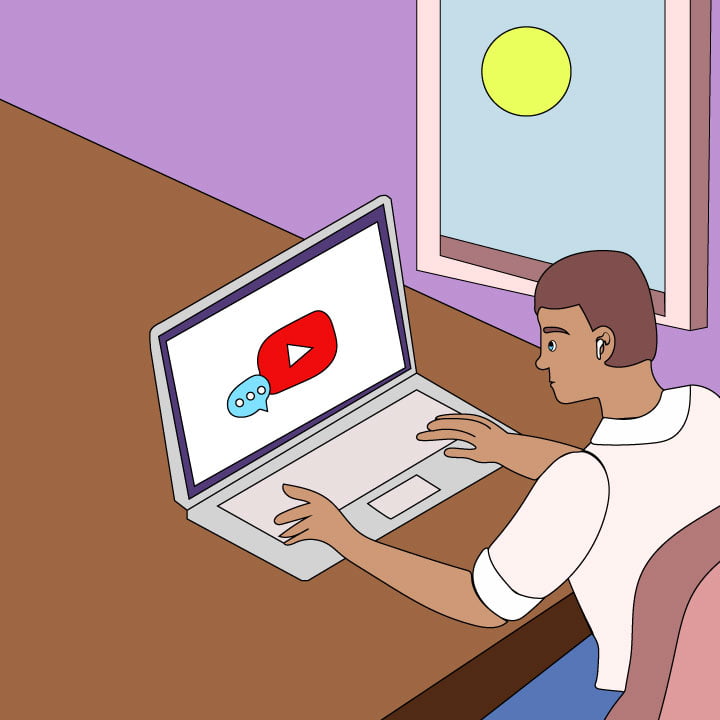The new year brings new opportunities to reflect on your achievements and set new goals to crush throughout the coming months. Financial resolutions are among the most common goals people set for themselves. Many Americans are acquiring more debt than ever and struggling to keep up with their bills.
Whether you want to tackle residual debt or recover from overspending during the holiday season, check out these six tips to help.
- Create a Budget
Creating a budget will help you allocate where your funds go and get a handle on working towards any goals you may have for the new year. A budget gives you a realistic visualization of how much money you make, where it goes and what’s left over after you pay your monthly bills. This visualization lets you plan costs like grocery shopping and other living expenses or extras like special family activities.
First, you’ll want to calculate how much money you bring home each month after taxes. Then, list your fixed and variable expenses and how much they cost each month. Review your monthly expenses compared to your net income and see if you need to make any adjustments. The more money you have after paying your bills, the more you should save. Budgets can help you save, pay off debt and help you track your spending.
- Lower Your Yearly Taxes
Did you know there are ways to reduce your yearly taxes? Lowering your taxes can save you money and help you pay down other debts. Some ways to lower your annual tax rates include opening a health savings account, contributing to a retirement account or deducting home office expenses from your taxes if you work from home. If you aren’t offered a 401k through your workplace, you can opt for an IRA instead.
Making charitable donations throughout the year can also reduce your taxes. If you are fself-employed, you could qualify for the home office tax deduction or other special deductions, like continuing education or phone or Internet bills. Rather than opting for standard deductions when doing your taxes, you’ll need to itemize your returns. Ensure that you keep records of everything you’ll need for tax time.
- Track Your Spending
Try to avoid acquiring more debt than you already have. While this can prove challenging, there are ways to limit and track your spending to maximize your funds. First, analyze your spending habits and look for ways to cut back. Many people use impulse spending as a coping mechanism and stress reliever, so identifying your weaknesses can help you limit your spending. Emotional spending is dangerous when you are on a limited budget and can substantially increase your debts.
To avoid buying things you don’t need in stressful times, feel your emotions rather than avoid them. Hold yourself accountable — you can use a spreadsheet to track your spending, write in a journal or use an app on your phone. Knowing where your money is going can tell you where you need to make adjustments.
- Set Up Automatic Payments
Setting up automatic payments can help you track your expenses and stay on top of your bills. You can set up automatic payments that align with your monthly income, like scheduling bills immediately after payday. Your fixed expenses should be withdrawn from your bank account automatically to ensure you are paying them monthly.
Mortgage payments, insurance, property tax–all constant bills should directly come out of your account each month. Late fees on monthly bills are generally high, so automatic payments can eliminate the possibility of missing payments. You can also use your budget to make extra payments on your debt.
- Lower Your Interest Rates
High-interest debt is expensive, so pay that down first. Since interest makes everything more expensive, you should consider calling your lender or credit card issuer to ask for a lower interest rate. Success rates are high for people who have done this, so it doesn’t hurt to ask.
You can also lower your interest rates with a balance transfer credit card or a personal loan since their rates are lower than most credit cards. Be careful with getting a loan to pay another loan since that can cause additional debt. Pay close attention to interest rates, hidden fees and potential drawbacks of cards and loans.
- Consolidate Your Debt
Another option for tackling your debt in the new year is consolidating it all into one payment plan. You could qualify for a line of credit from your bank with a low-interest rate if you have a good credit score. One good loan with a low-interest rate can pay off all of your debt and leave you with one big monthly payment, which is much easier to manage than multiple payments.
You can reduce your balances and save money if you qualify for a low enough interest rate. Paying down debt can significantly improve your credit score, making it easier to get approved for debt consolidation. A secured credit card can help improve and build your credit over time. Financial advisors are always available to hire if you need more guidance on tackling your debt.
- Get a Side Hustle
Side hustles are an excellent way to generate extra income to help you tackle debt. Due to inflation, side gigs are popping up everywhere right now — you are not alone. Making some cash on the side can give you more funds to allocate where you need them and give you peace of mind that you can pay your bills.
You can maximize your free time with fun hobbies that can turn a profit, like making jewelry or designing digital downloads you can sell online on sites like Etsy. There are also many other options available, like driving for a delivery service or exploring freelance opportunities. If you have free time to earn some extra cash, you can take advantage of your skills that are monetizable and help pay down debts.






